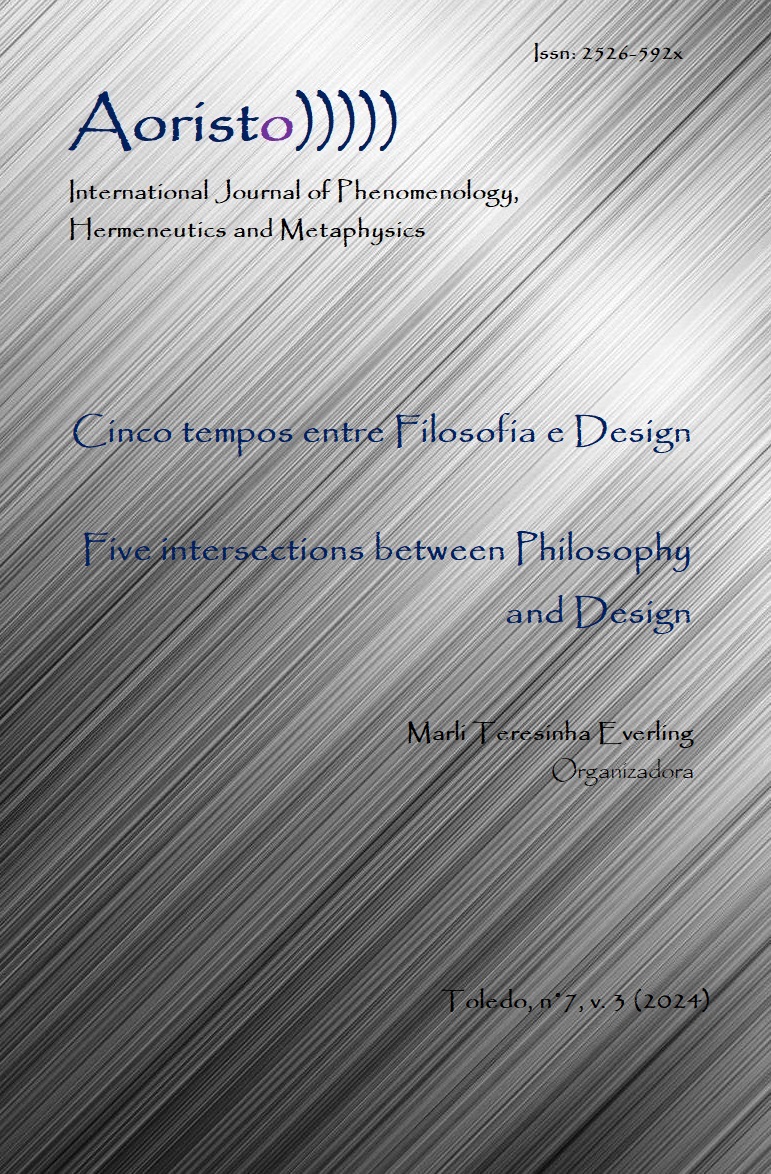The temptation and malaise of Gurlitt
between justice and memory in the face of looted art from the time of Hitler and after
DOI:
https://doi.org/10.48075/aoristo.v7i3.34404Keywords:
Gurlitt, arte, espoliação, Justiça, MemoriaAbstract
The article reconstructs the discomfort resulting from the discovery of the collection of Cornelius Gurlitt (1932-2014) containing more than a thousand pieces of valuable works of art plundered by the Nazis in the service of Hitler between 1933 and 1945. It shows that the German state granted possession of the works to the Gurlitt family and reports that the dispossessed families, in contrast, began to claim their ancestors' heritage as soon as they discovered their whereabouts. And, finally, it presents this tension as a complex dilemma between justice and memory.
Downloads
Published
How to Cite
Issue
Section
License

This work is licensed under a Creative Commons Attribution-NonCommercial-NoDerivatives 4.0 International License.
Copyright Notice
1. I grant the AORISTO – International Journal of Phenomenology, Hermeneutics and Metaphysics the first publication of my article, licensed under Creative Commons Attribution (which allows sharing of work, recognition of authorship and initial publication in this journal).
2. I confirm that my article is not being submitted to another publication and has not been published in its entirely on another journal. I take full responsibility for its originality and I will also claim responsibility for charges from claims by third parties concerning the authorship of the article.
3. I also agree that the manuscript will be submitted according to the Aoristo’s publication rules described above.
License Creative Commons
This work is licensed under a Creative Commons Atribuição-NãoComercial-CompartilhaIgual 4.0 Internacional, which allows you to share, copy, distribute, display, reproduce, in whole or in part, for as long as there is no commercial purpose, and authors and source are cited.


